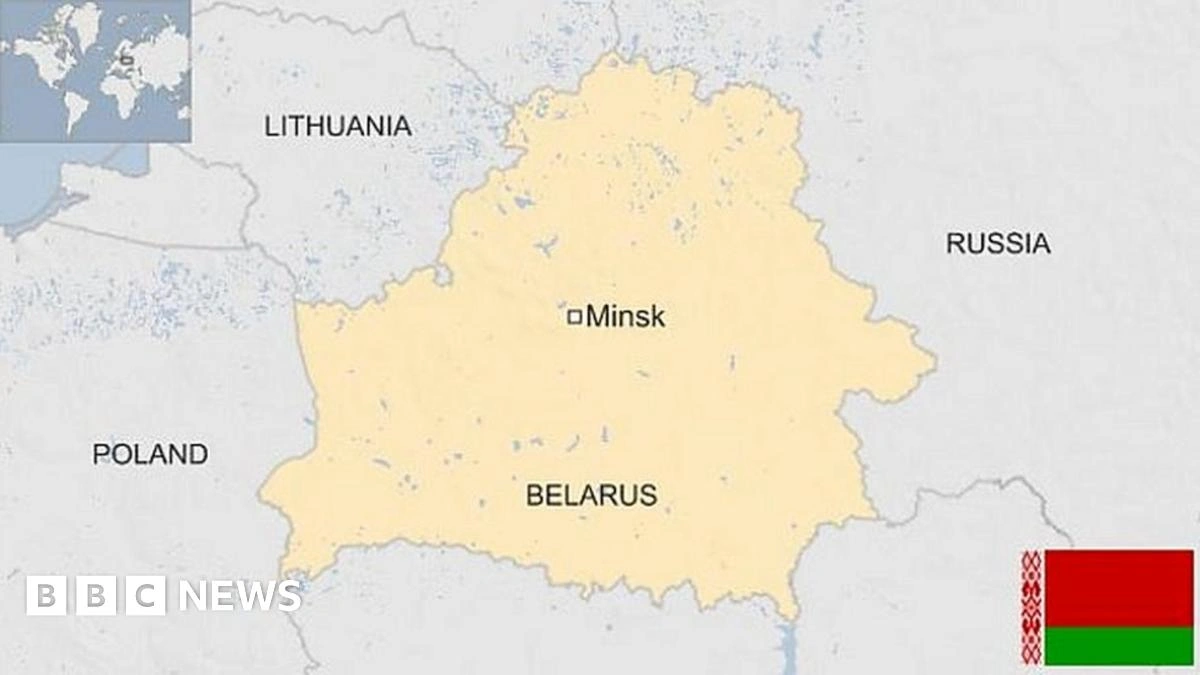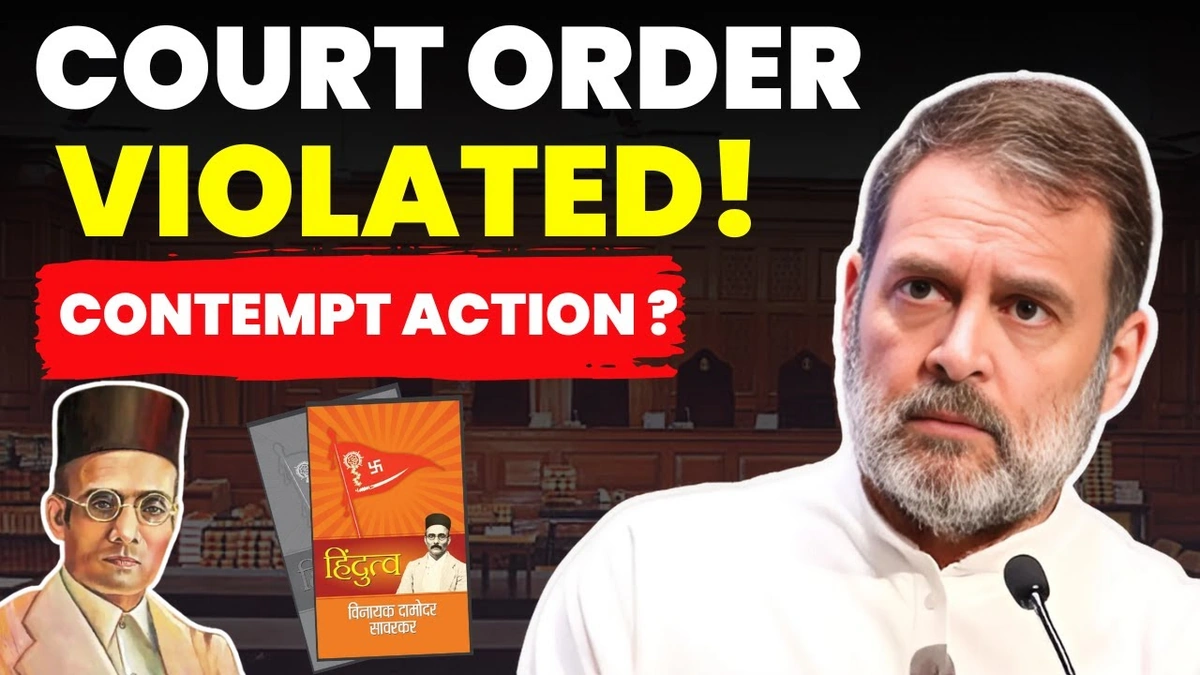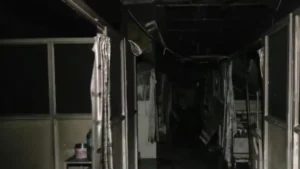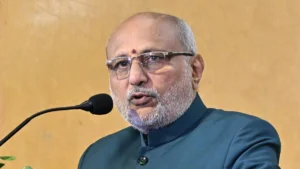Belarus | More Than Just Headlines – Understanding the “Why” Behind the News
We see Belarus in the news, often linked to geopolitical tensions or economic shifts. But let’s be honest, for most of us in India, it’s a country that exists more as a headline than a place we truly understand. So, what’s really going on? Why should we, sitting here in India, even care? That’s what we’re diving into today – going beyond the surface to explore the deeper currents shaping this Eastern European nation.
Belarus | A Country at a Crossroads
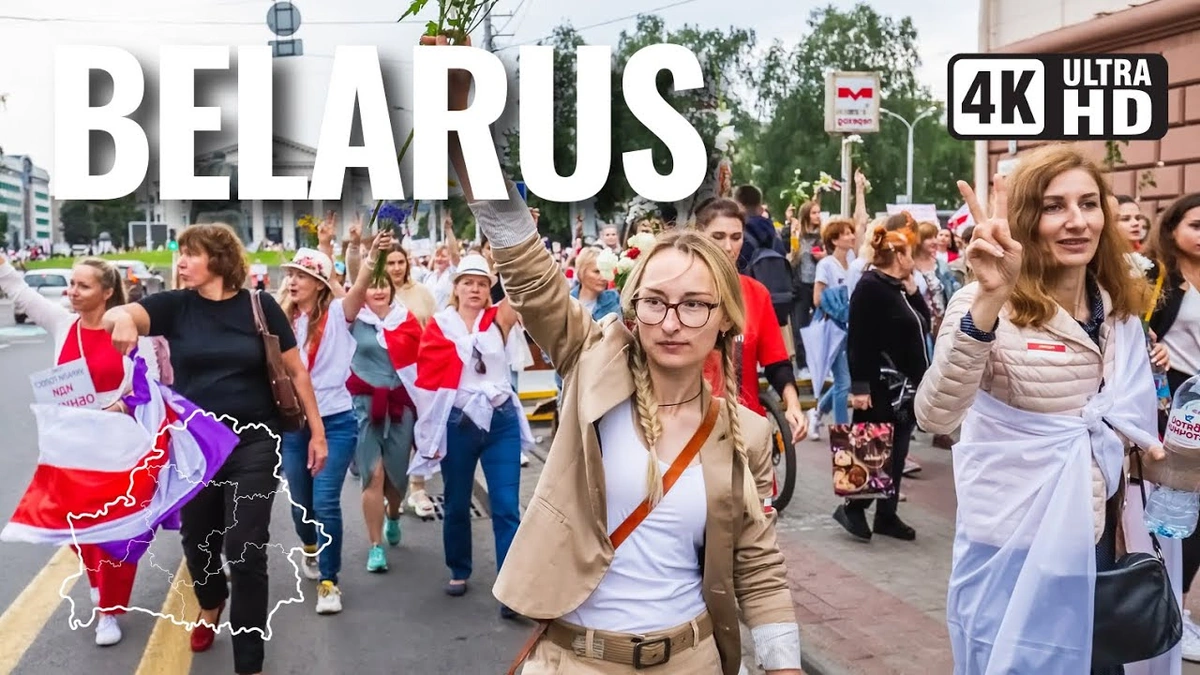
Belarus, nestled between Russia and the European Union, is at a fascinating and precarious crossroads. Its strategic location has made it a key player (or perhaps, a pawn) in the ongoing power plays between East and West. But it’s more than just geography. What fascinates me is how its history, political system, and economic ties all intertwine to create a unique and often misunderstood national identity. This identity is crucial to understanding why Belarus matters on a global scale.
The country’s close relationship with Russia is undeniable. Economically, Belarus relies heavily on Russia for energy and trade. Politically, the two nations have strong ties, often aligning on international issues. But, and this is a big ‘but,’ this relationship isn’t always straightforward. There’s a complex dynamic at play, one where Belarus attempts to maintain its sovereignty while navigating the overwhelming influence of its powerful neighbor. Think of it like a small business that is utterly dependent on a single, enormous client – walking that tightrope between cooperation and total dependence.
The Looming Shadow of Russia | Understanding the Power Dynamics
So, why is this relationship with Russia so important? Well, understanding this is crucial. Belarus serves as a buffer zone, a geopolitical shield for Russia. Russia views Belarus’s stability as vital to its own security interests. This, in turn, gives Russia significant leverage over Belarus’s internal and foreign policies. But, let’s be clear, this isn’t just about Russia throwing its weight around. Belarus also benefits, in some ways, from this alliance, receiving economic support and political backing. It’s a complex dance of mutual dependence and strategic calculation.
However, this dependence also comes at a cost. Belarus’s ability to forge closer ties with the West is severely limited by its close alignment with Russia. This creates a tension within Belarusian society, between those who favor closer integration with Russia and those who seek a more independent path. It’s a debate that has significant implications for the country’s future direction.
Economic Realities and the Quest for Diversification
The Belarusian economy is heavily reliant on state-owned enterprises, a legacy of its Soviet past. While this provides a degree of social stability, it also hinders innovation and competitiveness. The government has been attempting to diversify the economy, attract foreign investment, and develop new industries. However, progress has been slow, hampered by the country’s political system and its close ties to Russia. A common mistake I see is people thinking about economic development in Belarus as a purely financial or tech issue. It’s just as much about the local political and economic ecosystem.
The heavy reliance on Russia for energy resources makes Belarus particularly vulnerable to economic shocks. Any disruption in the supply of Russian gas or oil could have a devastating impact on the Belarusian economy. This is why the government is actively seeking alternative energy sources and trying to reduce its dependence on Russian energy. Diversification is key, both economically and politically. It’s something the leadership in Minsk are very aware of. Here’s the thing: the more reliant Belarus is on any single entity, the more vulnerable it is to external pressures.
The Human Factor | Voices Within Belarus
Beyond the geopolitics and economics, there’s the human element – the voices and aspirations of the Belarusian people. Many Belarusians yearn for greater freedom and democracy. There is a desire for closer ties with Europe and a more open society. But these aspirations are often stifled by the current political climate. The government maintains a tight grip on power, limiting freedom of speech and assembly.
That moment of frustration when you see global indices ranking countries on various freedoms. It brings home the fact that real people are affected. The one thing you absolutely must remember is the impact these decisions have on the everyday lives of citizens. It is these individuals who are attempting to forge their own identities in a world where many forces attempt to impose an identity upon them.
Belarus and India | Why Should India Care?
So, what’s the connection? Why should India, with its own set of challenges and opportunities, pay attention to Belarus? Well, in an increasingly interconnected world, what happens in one region can have ripple effects across the globe. Belarus’s role in the geopolitical landscape, its relationship with Russia, and its economic development all have implications for global stability and trade. India’s growing economic and political influence means it needs to be aware of these dynamics.
Furthermore, Belarus and India share some common interests, particularly in areas like technology and education. There’s potential for greater collaboration and trade between the two countries. But to realize this potential, it’s essential to understand the complexities of Belarus’s internal and external dynamics. What fascinates me is the opportunity for India to play a constructive role in promoting stability and development in the region. It’s not necessarily about taking sides, but about fostering dialogue and cooperation. I initially thought this was a distant connection, but then I realized the shared desire for economic development and technological advancement creates common ground.
FAQ Section
Frequently Asked Questions About Belarus
What is Belarus’s relationship with Russia?
Belarus has a close political, economic, and military relationship with Russia. Russia is Belarus’s largest trading partner and a key ally.
What is the political situation in Belarus?
Belarus is led by President Alexander Lukashenko, who has been in power since 1994. The political system is often described as authoritarian, with limited freedom of speech and assembly.
What is the economy of Belarus like?
Belarus’s economy is largely state-controlled, with a significant reliance on state-owned enterprises. The country is heavily dependent on Russia for energy resources.
What are the main challenges facing Belarus?
Belarus faces several challenges, including economic stagnation, political repression, and dependence on Russia.
Is Belarus part of the European Union?
No, Belarus is not a member of the European Union.
What are some potential areas for cooperation between Belarus and India?
Potential areas for cooperation include technology, education, and trade.
In conclusion, Belarus is a country far more complex and nuanced than the headlines often suggest. Understanding its internal dynamics, its relationship with Russia, and its economic challenges is essential for anyone seeking to grasp the broader geopolitical landscape. For India, engaging with Belarus requires a nuanced approach, one that recognizes both the challenges and the opportunities. As we move forward in an ever more interconnected world, these under-the-radar nations will increasingly shape our collective future. Let’s be honest, understanding them is no longer an option, it’s a necessity.
